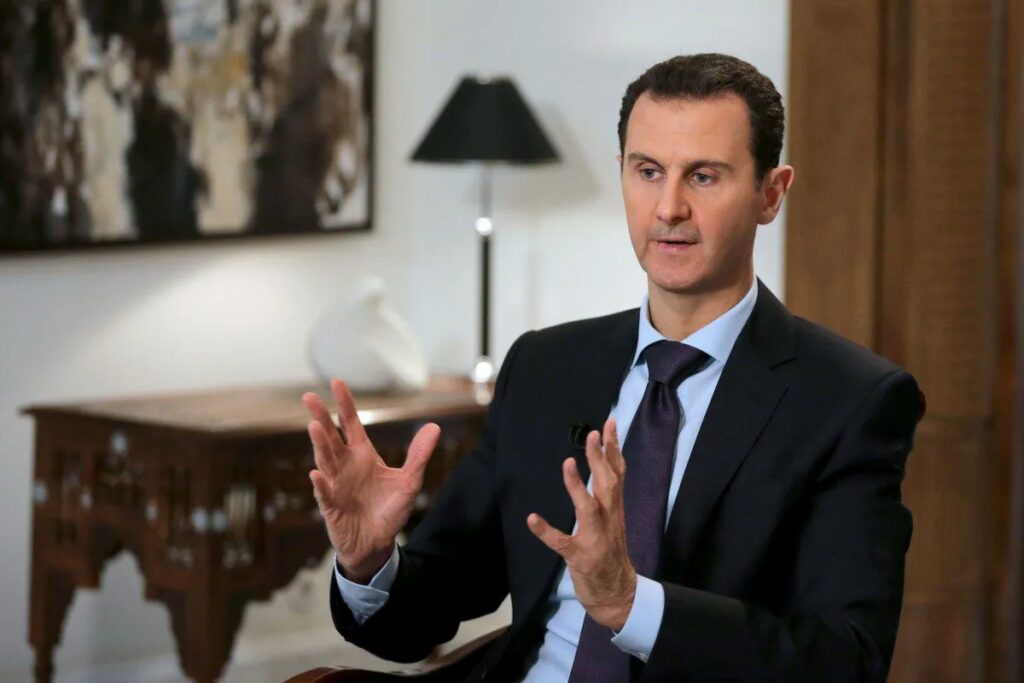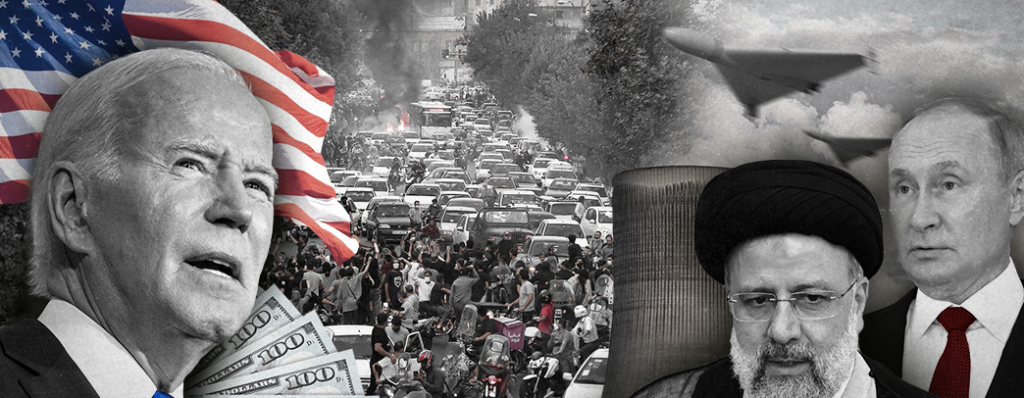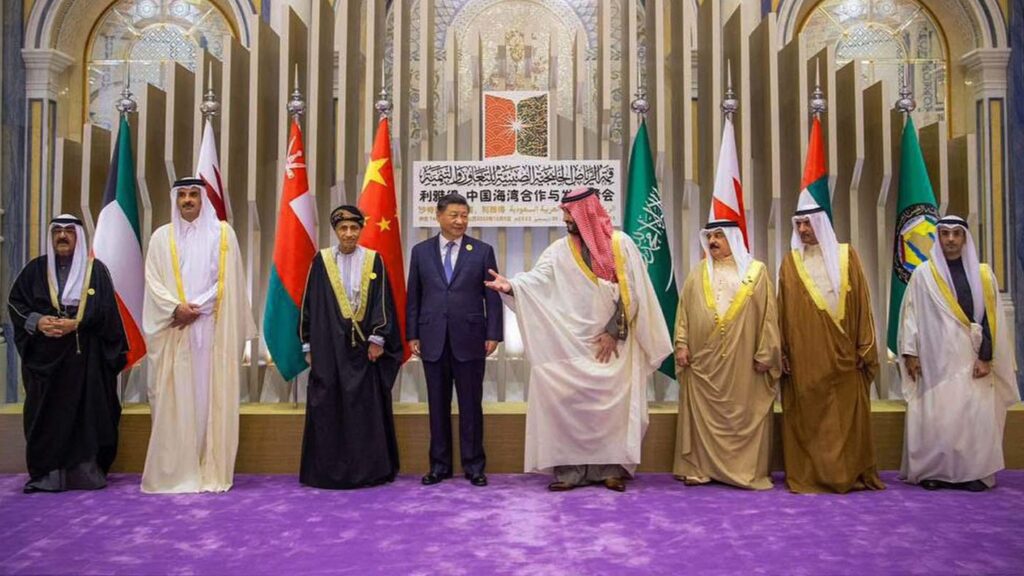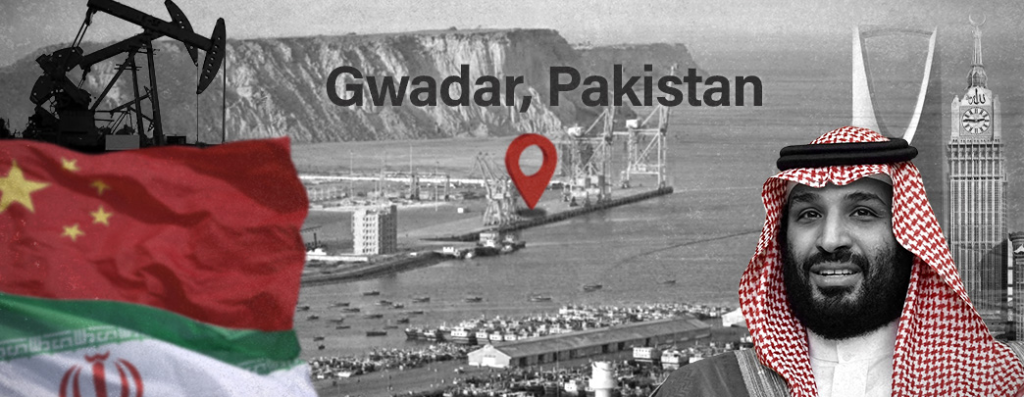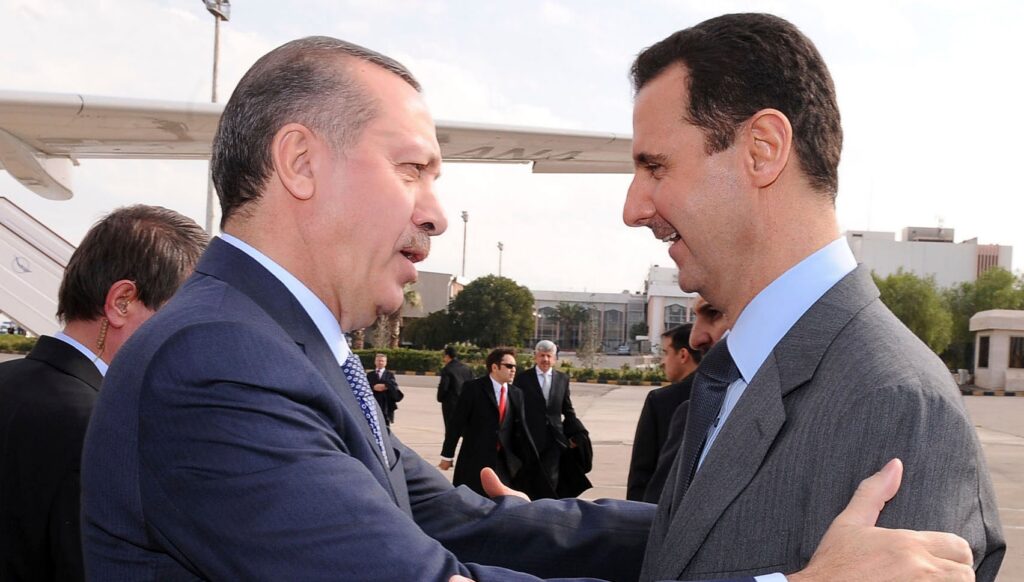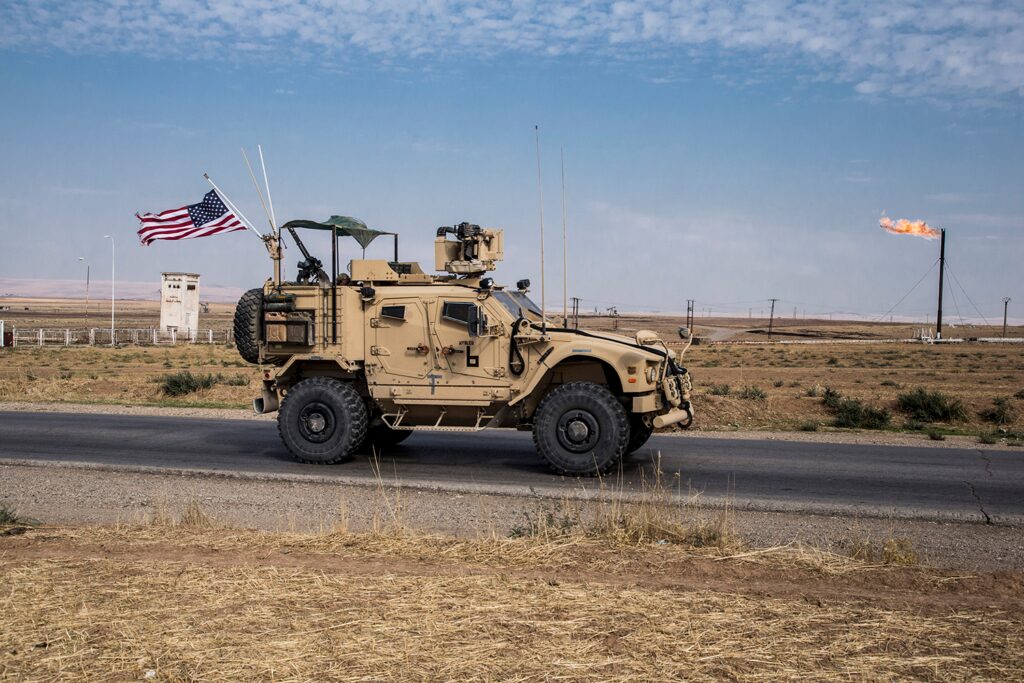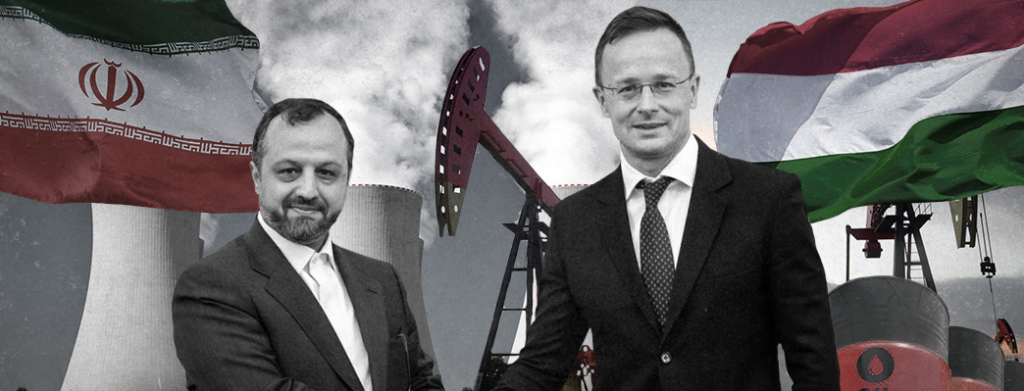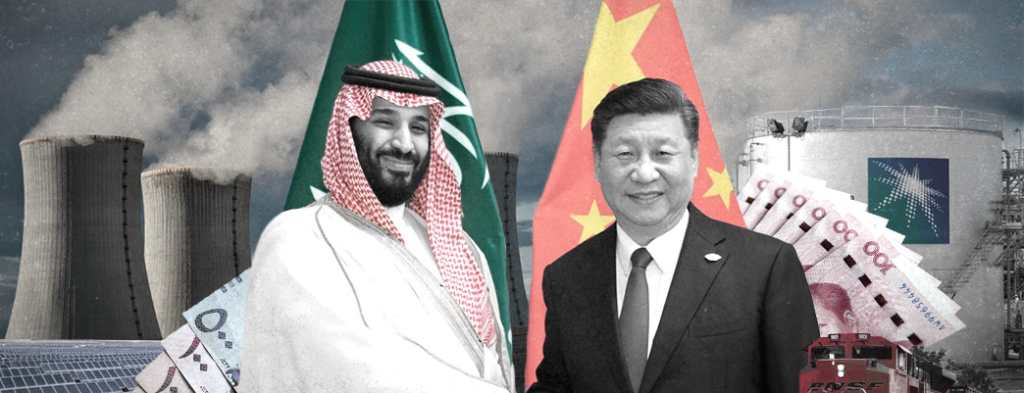The US, SDF keep the pressure up on ISIS in Syria – analysis
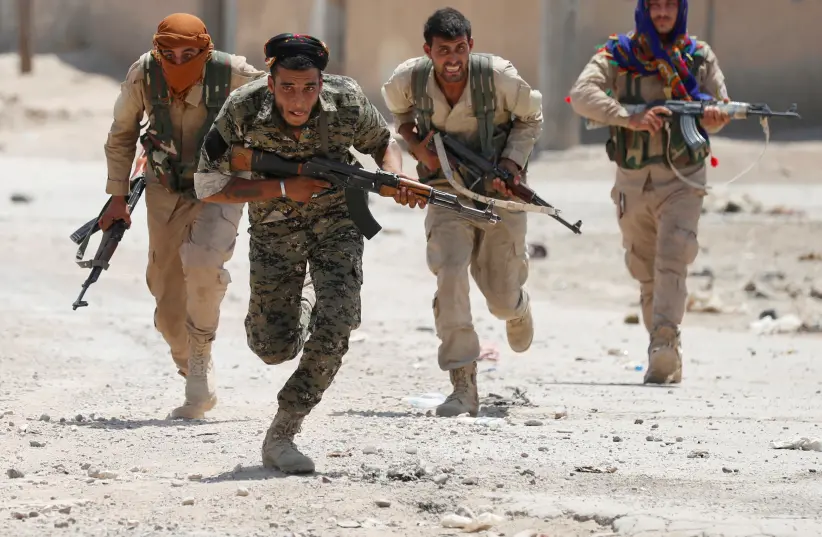
The US wants the pressure to be kept on ISIS, but every time Ankara has an election cycle or a need to distract from some issue at home, it will use drone strikes and threats of conflicts in Syria.
In late November, the US said that Syrian rebels in the south of the country had killed an ISIS leader. He was actually killed in October, but it apparently took time to confirm the details.

